Tale of two tribes in Dartmoor wild camping row
A bitter dispute between a millionaire hedge fund boss and the campers he has banned from pitching on the land he owns is reaching boiling point, Matt Mathers reports


His critics would have you believe Alexander Darwall is a modern-day version of Poldark villain George Warleggan.
A stern-faced, hunting and shooting, wealthy banker who made a fortune in France, gave £90,000 to Nigel Farage’s party, £5,000 to the local Tory MP, bought a large chunk of Dartmoor and promptly banned the ancient right of local folk to camp under the stars.
To his friends Mr Darwall is more like Ross Poldark from the popular historical drama set in Cornwall, a heritage hero who is saving a national park by stopping people who endanger its wildlife and pollute the landscape with litter – and much worse.
The bitter debate that has divided Devon began when Alexander and Diana Darwall argued that some wild campers on their land caused problems to livestock and the environment. They sought a court declaration that members of the public could only pitch tents there overnight with their consent.
Mr and Mrs Darwall, who keep cattle on Stall Moor, which forms part of their more than 3,450-acre estate in the southern part of Dartmoor, secured a finding from a judge that a 1985 law, which regulates access to moorland, does not provide a right to wild camp.

But to those who, like their families before them, regularly enjoy overnight stays on the land, the decision is one they could not stand for.
Protests soon started to build and on Friday, an under fire Dartmoor National Park Authority announced it will appeal against the High Court ruling that declared people need Mr Darwall’s – the landowners – permission to camp.
The pressure has come from Britain’s camping and walking communities, thousands of whom travelled to protest against last week’s ruling.
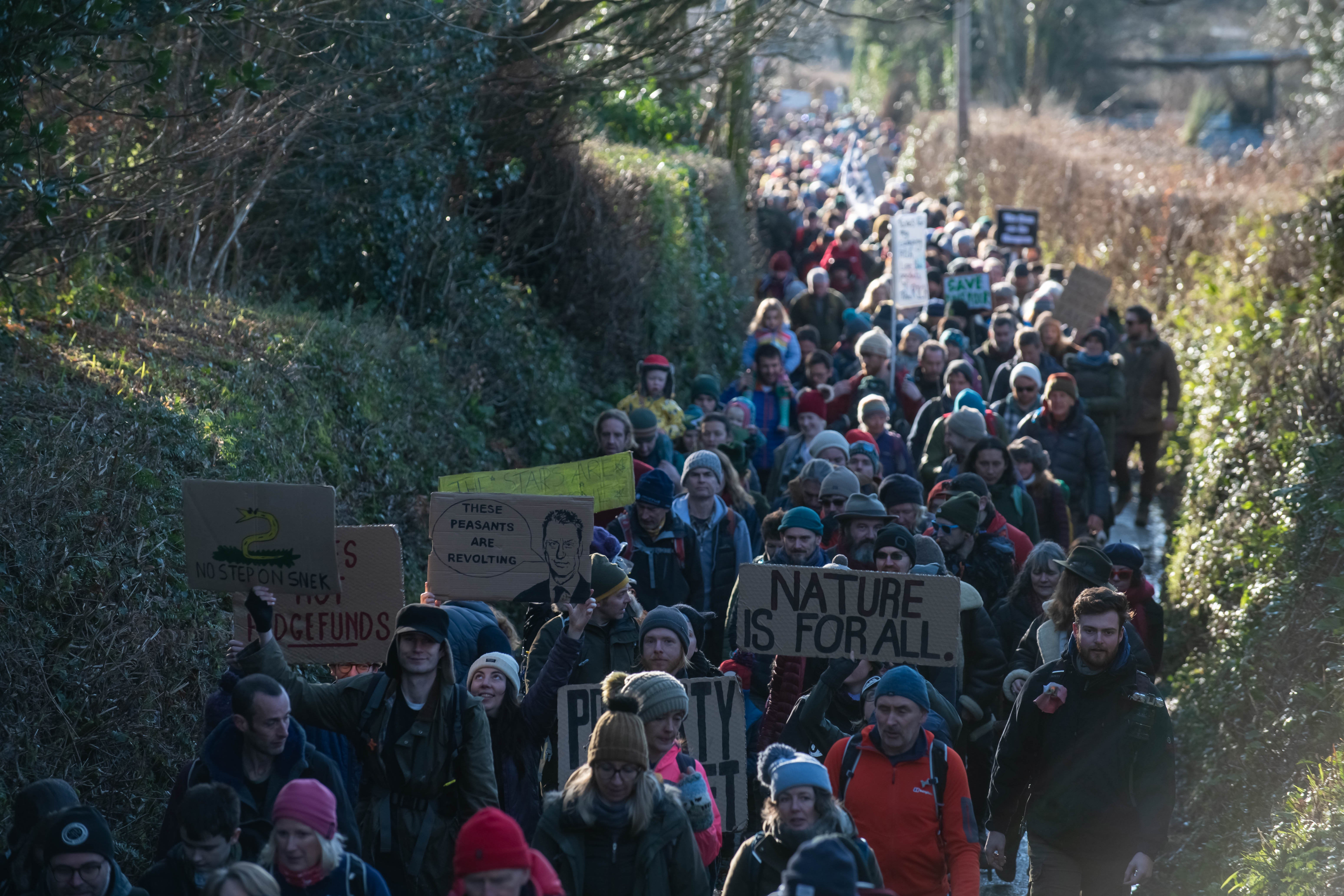
Right to Roam, the environmental activist group, was one among those who travelled to the southwest, organising a march in which an estimated 2,000 people took part.
Walkers weaved through the picturesque village of Cornwood and past the Stall Moor, at the heart of the Darwalls’ court argument. There was singing and dancing at Croken Tor – the traditional centre of Dartmoor, where tin miners would meet to adjudicate disputes in years gone by.
Hand-painted signs with cartoon depictions of Mr Darwall featured slogans such as “please sir, I want some Moor” and “the peasants are revolting”.
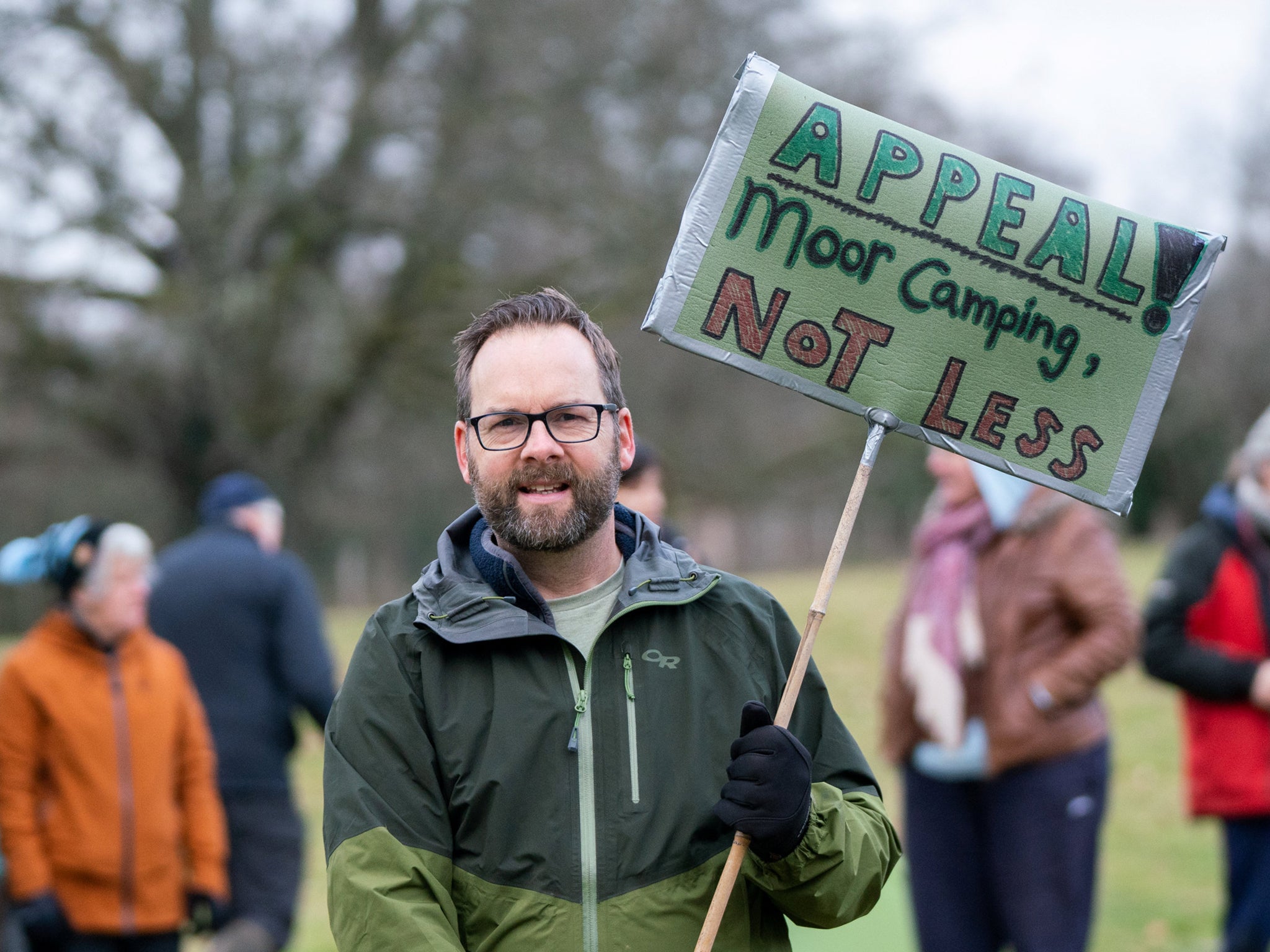
While protesters came from as far as Essex and the Midlands, there was a strong local contingent determined to show their opposition against what they believe should remain a space free to use for all.
Devon native Guy Singh-Watson, a farmer and creator of Riverford, an organic farm and UK-wide organic vegetable box delivery company, said he camped on Dartmoor on many occasions over the past 50 years and has never found “so much as a crisp packet left behind”.

Mr Darwall’s decision to seek the court order had nothing to do with protecting Dartmoor, according to Mr Singh-Watson, who in his blog claimed that the hedge fund manager bought the land to “make even more money.”
Dartmoor National Park – facts and figures
Source: dartmoor.gov.uk
- Dartmoor National park is 368 square miles or 954 square kilometres. It’s about 20 miles from North to South and 20 miles from East to West. That means it’s roughly the same size as London, or about the same size as 20,000 football pitches.
- Dartmoor National Park is created from land owned by a range of people including lots of farmers and The Duchy of Cornwall (Prince Charles). Some of the land, including Haytor, belongs to Dartmoor National Park Authority.
- The highest point on Dartmoor is High Willhays Tor. It’s 621 metres or 2,039 feet above sea level.
- The lowest point on Dartmoor is Doghole Bridge. It’s 30 metres or 98 feet above sea level.
- 65% of Dartmoor is made of granite – rock which was created around 295 million years ago.
- There are over 160 tors on Dartmoor. Tors are where the granite rock that is underneath Dartmoor shows through.
- There are three visitor centres at Dartmoor, one at Princetown, one at Haytor and one at Postbridge.
- 34,500 people live on Dartmoor.
- Today about 90% of the land on Dartmoor is used for farming. Farmers keep 50,000 cows, sheep and ponies on Dartmoor.
The Dartmoor National Park Authority (DNPA) has said it will “endorse” an apparent compromise – the “new permissive system” in which landowners would grant permission to the authority to allow the public to wild camp.
The authority also said it would investigate which areas of common land, owned by DNPA, could be opened up to backpack camping.
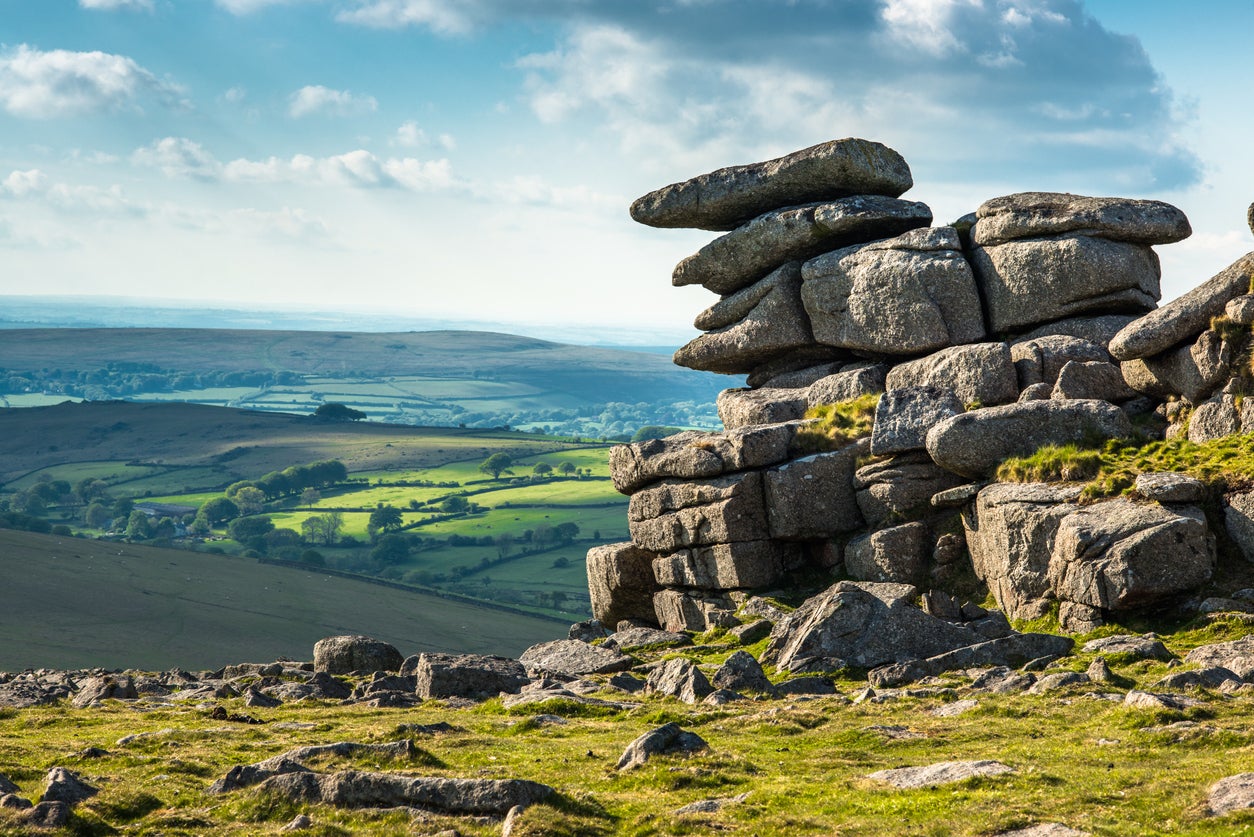
The “permissive system” would involve landowners entering into a legal agreement with DNPA, with up to £300 paid annually to landowners who opt in.
A DNPA report said this money would be taken from the Projects Fund in 2023/24 and in future years would be built into the revenue budget.
Those protesting fear it is the start of a movement – asking what other landlords could decide next.
Landowners would be able to keep the fee, but according to the report, several have already indicated that they may donate it back to the National Park.
Areas where wild camping can take place, without the public having to seek individual permission from landowners, are already being shown on an interactive map on the authority’s website.
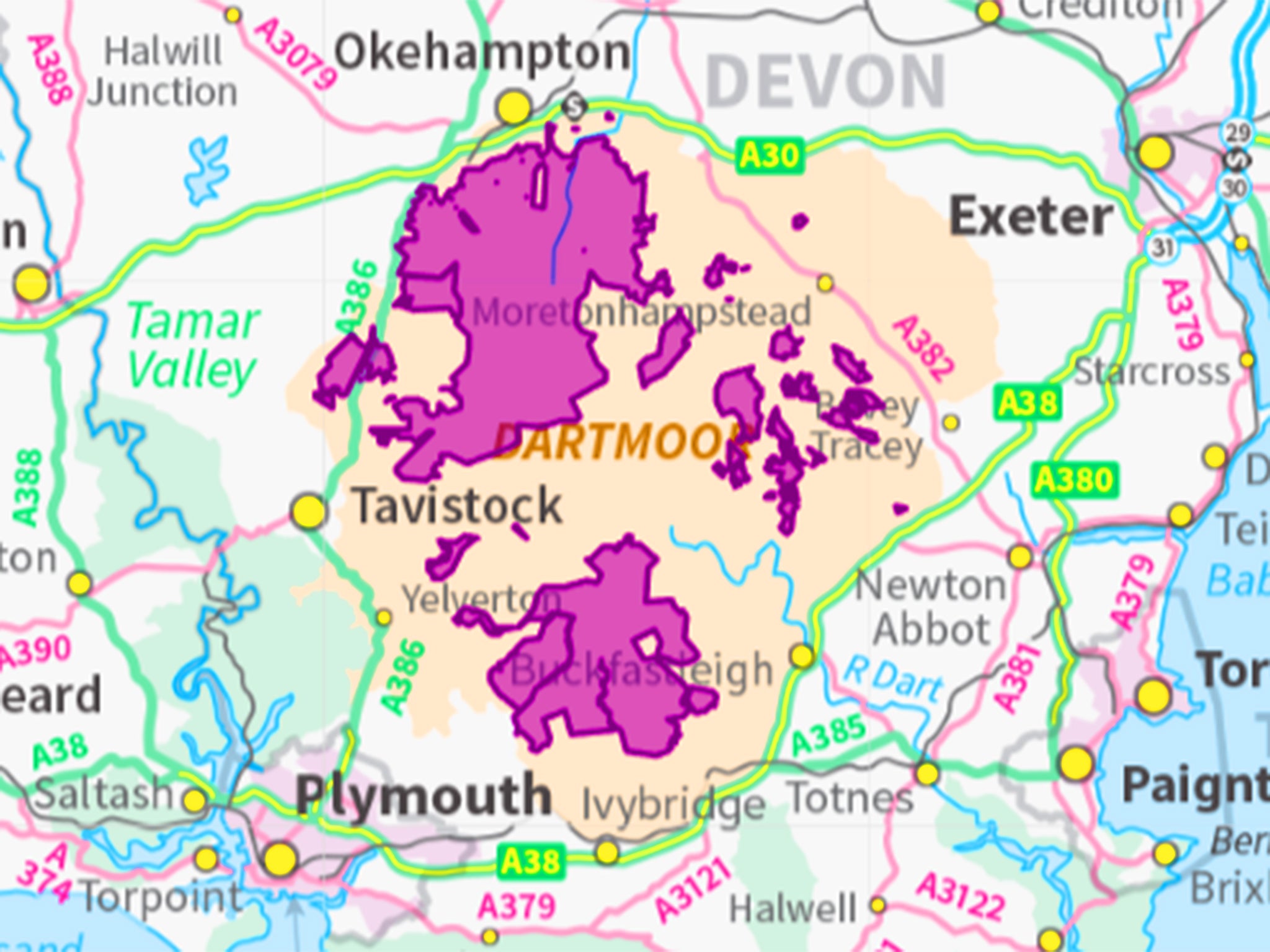
Anyone planning to wild camp must refer to the map and follow all “leave no trace” principles so they have no impact on the area where they have been.
This system was agreed “in principle” with the Dartmoor Commons Owners’ Association within days of the High Court judgment made on 13 January
Campaigners initially hit out at the deal, which they said was a “ransom note” from landowners like the Darwalls, who would be able to revoke permission to camp at any time.
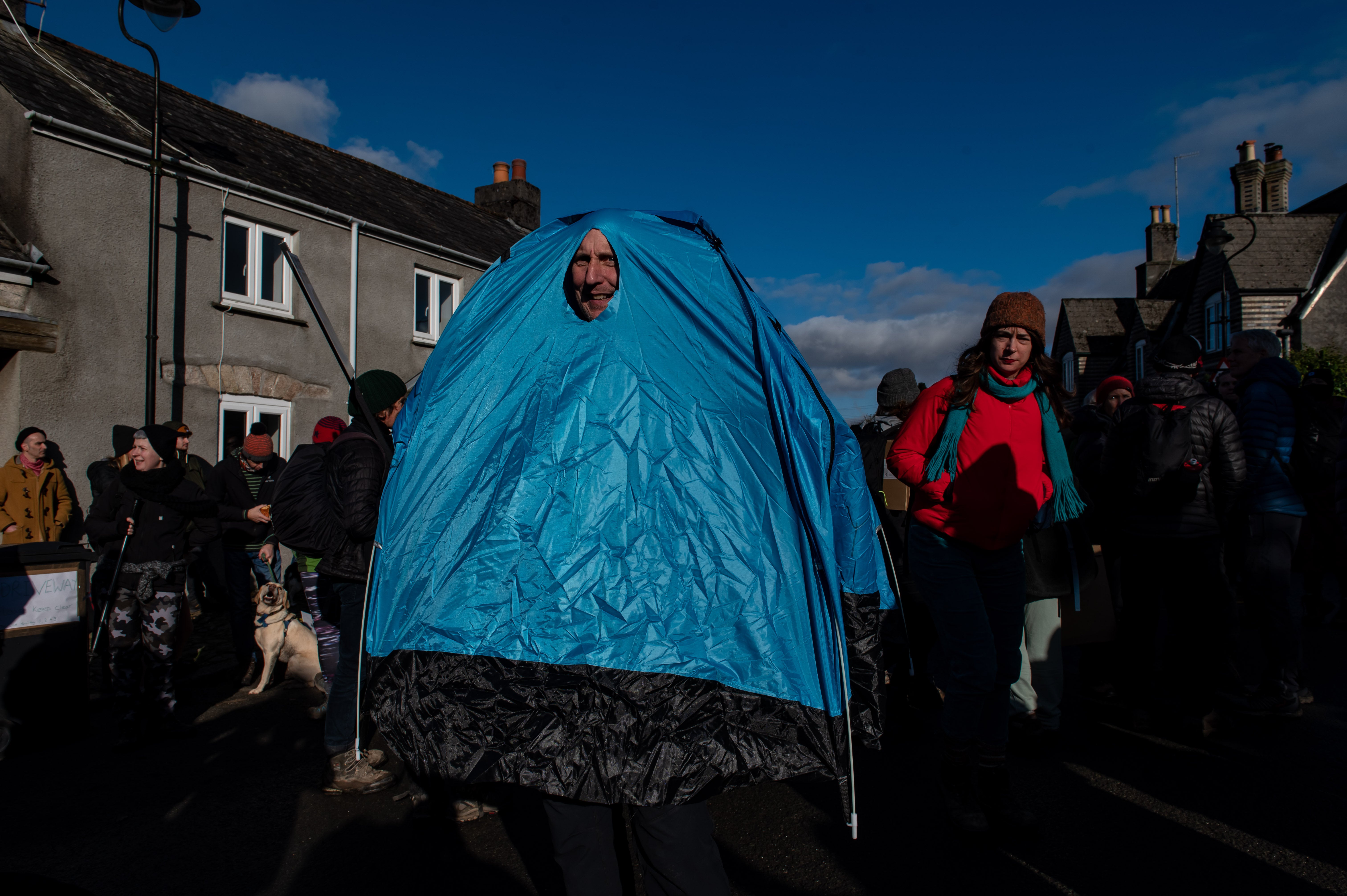
Richard Foord, the Liberal Democrat MP for Tiverton and Honiton in Devon, said in a Twitter post on Friday that he fully supports the authority’s decision to appeal and hopes the ruling can be overturned.
Mr Foord, who replaced Neil Parish last year when the Tory MP resigned after being caught watching pornographic material in Parliament, added: “Our National Parks should be open for everyone to explore and enjoy – without a curfew or being held to ransom by a small number of wealthy owners”.
In another post, he added: “This week I tabled a bill in parliament which would continue to enable wild camping on Dartmoor – with a change in the law.
“I will continue to push the Conservatives to allow it to be debated so we can protect our historic rights permanently.”
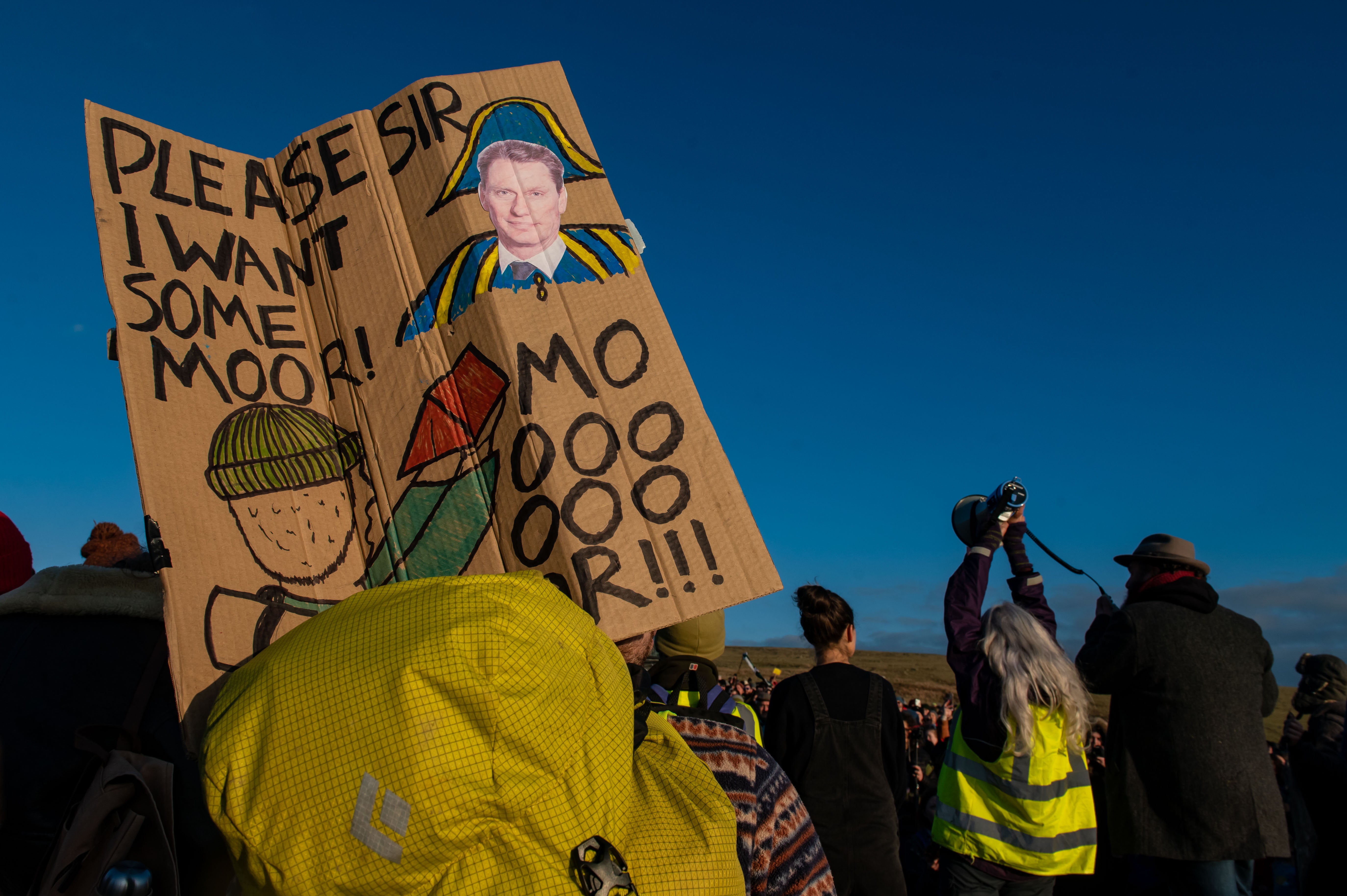
The uproar in Devon has spread to Westminster and on Friday The Guardian reported Labour will pass a right to roam act if it comes to power, as a direct reaction to the wild camping ban.
Commenting after Friday’s meeting, DNPA chief executive Dr Kevin Bishop said: “We are grateful to the common landowners, including Mr and Mrs Darwall, who moved at speed to positively support the permissive system for backpack camping.
“The High Court judgment raises important issues of public interest that are central to the purpose of our National Parks. For this reason, the authority has determined to seek permission to appeal the judgment.”
Jon Moses, of Right to Roam, responded to the news: “We wholly reject the selling off of our rights in exchange for diminished permissive access, which can be arbitrarily withdrawn by landowners at any time and comes with a price tag charged to taxpayers.”
The row continues.
Join our commenting forum
Join thought-provoking conversations, follow other Independent readers and see their replies
Comments


Bookmark popover
Removed from bookmarks